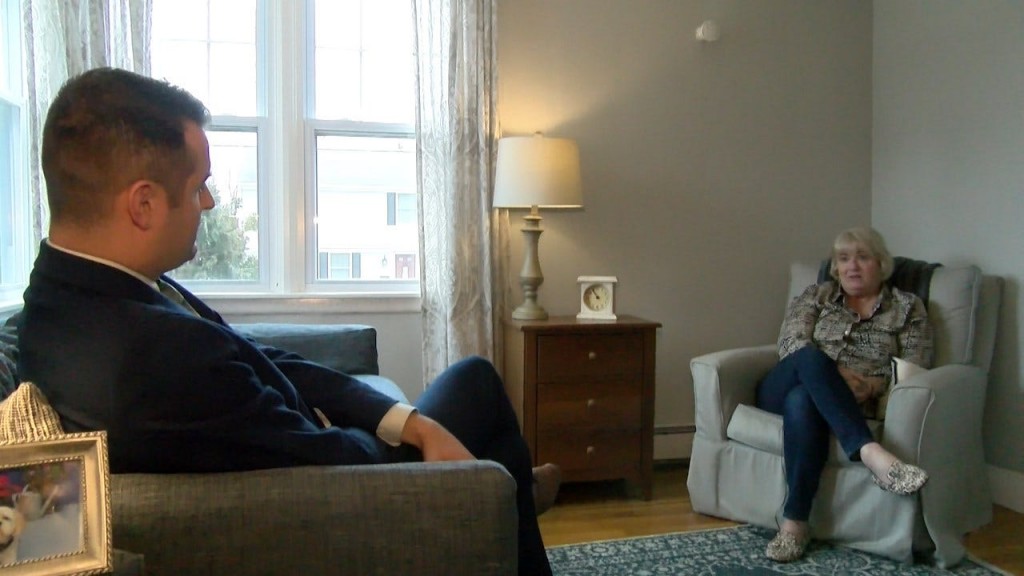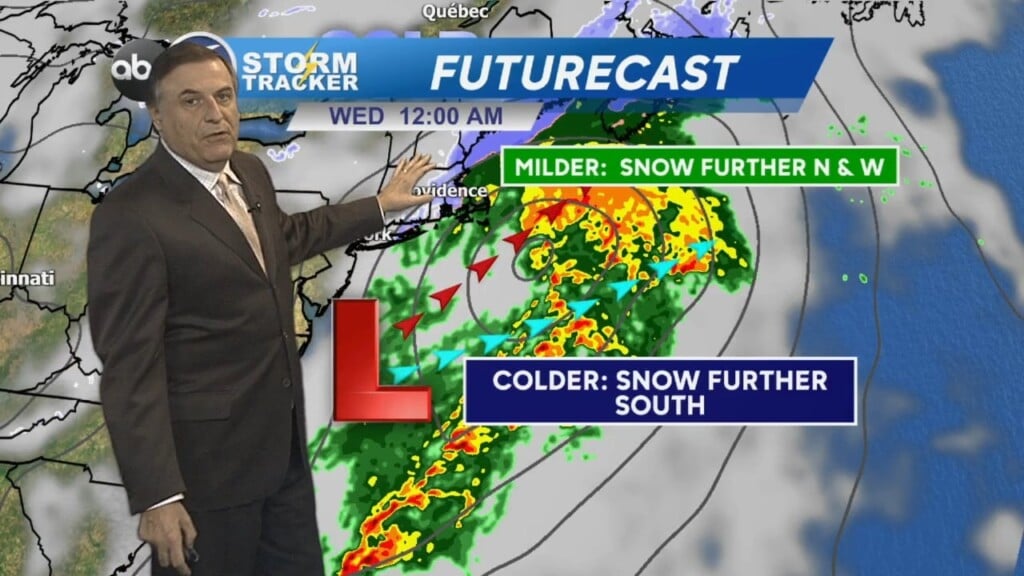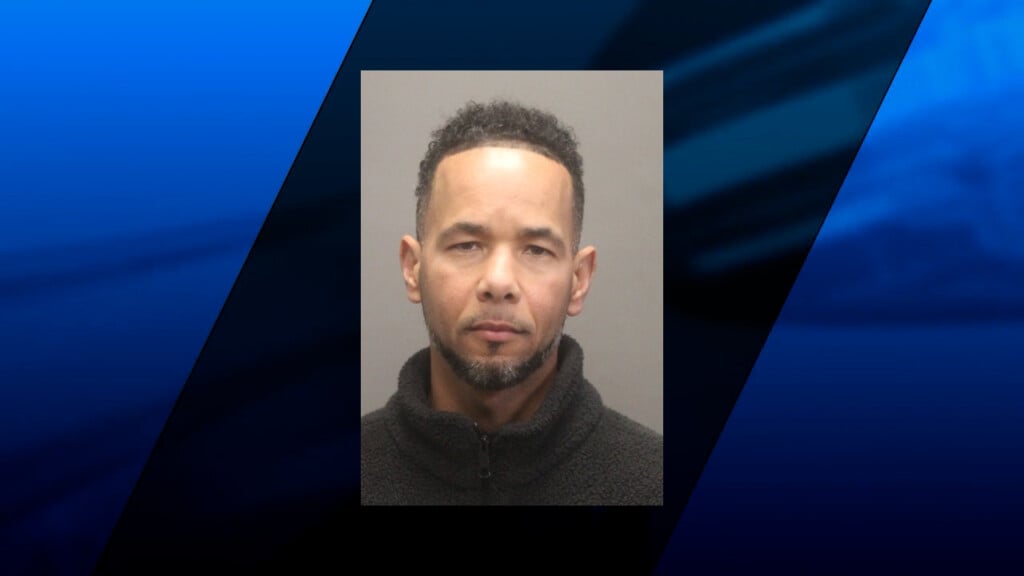Mental Health in RI: A System in Crisis, Part 1

EAST GREENWICH, R.I. (WLNE) — Pam Testoni’s first encounter with Rhode Island’s mental healthcare system was a day program at Butler Hospital back in 2010 to deal with depression and paranoia.
“I went, it was kind of a band aid,” said Testoni.
That band aid was ripped off two years later.
“I had a severe breakdown where I tried to hurt myself,” said Testoni.
Her husband brought her to a hospital, which the then-teacher says was scarier than the trauma she was already in.
“I was put in a room. I was crying and I was kind of left alone and one of the other ladies tried to get over and help me, and they told her to go away. The nurse came in and said what’s so stressful about being a fourth grade teacher. That kind of comment threw me off to the edge,” said Testoni.
She begged her husband to take her home where they tried to get her in to see a therapist.
“My husband was on the phone for days trying to get me into the right spot,” said Testoni.
Eventually they gave up and went to the ER at Rhode Island Hospital, where Testoni stayed for 16 days, receiving electric shock treatments. It’s a situation she feels could have been avoided if she’d had the proper therapy all along.
“It’s difficult to get in to see a doctor having not gone to the acute stage of going into the hospital,” said Testoni. “Ridiculous.”
Laurie Pisciotta, who heads the mental health association of Rhode Island, says Testoni’s struggle is far from unique.
“Big picture–Rhode island’s behavioral health network is inadequate to meet the demands of our population,” said Pisciotta.
According to the Rhode Island Health Insurance Commissioner, 50 percent of Rhode Islanders diagnosed with a mental health problem cannot get access to treatment. Many get stuck on long waitlists, and, according the Milliman Report which came out in November, they are twice as likely to go out of network as those getting medical care.
“People can die if they go without treatment,” said Pisciotta.
That lack of access stems largely from a shortage of therapists and doctors.
“We are in some ways the bastard stepchild of the whole healthcare system,” said Pisciotta.
Mental health professionals, like Barrington-based psychologist Peter Oppenheimer, are on average reimbursed 23 percent less by insurance companies than those on the medical side, according to the Milliman Report.
Mental health professionals like Barrington-based psychologist Peter Oppenheimer are on average reimbursed 23 percent less by insurance companies than those on the medical side, forcing some to shut down.
“I’ve been worried for years that the cost of doing our business is exceeding what we’re getting reimbursed,” said Oppenheimer.
He struggles finding specialists to refer patients to–many bouncing in and out of the ER–without the care they need. Others just give up.
“They’re gone,” said Oppenheimer.
It’s those hardships that makes Pam Testoni worry about others going to a crisis like she did.
“I would have died. I would have died. I would have killed myself,” said Testoni. “I am certain of that.”
© WLNE-TV / ABC 6



